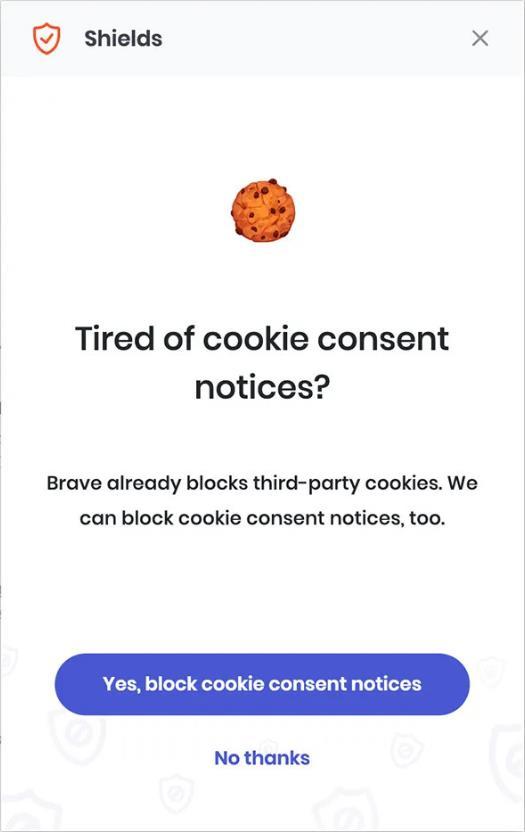
Google Chrome is the most used web browser in the world. It is estimated that 7 out of 10 people browse under the mantle of Google, so that means both good and bad. However, the Internet giant has been leaving its browser a bit to one side for some time, at least in terms of new features and improvements. And that is making many other alternative browsers, like nice, ahead of him on the right as far as market share is concerned.
There are times when laws, such as the Data Protection Law, RGPD, seek to protect users from abuse by large companies. But instead they only serve to annoy us as companies continue to abuse their dominant position as well. This is what happens with cookie lawwhere the European Union forces websites to notify users that a website uses cookies (as if it is not already overcome), and to accept an annoying message every time we enter the page.
Without a doubt, the cookie message It is the most annoying thing that we can find today when browsing. And the strange thing is that no browser has thought to do something to reduce these annoyances. None except Brave.
Brave will block cookie messages on websites
The new version of the popular Brave browser (one of the alternatives with the most potential to Google Chrome) presents one of the most interesting and useful novelties of recent months. And it is that, as of version 1.45, scheduled for next October, Brave will start blocking cookie messages by default.
This option, which we can activate or deactivate as we see fit, will be in charge of detecting all the methods used to display cookie notices (overlapping windows, banners, scrolls, etc.) and will automatically hide them. It will not be necessary to give consent for the use of said cookies, but, by default, the options that best protect our privacy will be applied.
Another change where alternative browsers outperform Chrome
Chrome has been on the lips of users for several weeks because it plans to remove support for Manifest v2 and force users, and developers, to use the new Manifest v3. Manifest is the extensions permission statement, specifying what they can and cannot do. The new version 3 of this manifest is much more restrictive in what extensions can do, leaving hundreds of them, many popular and used by millions of users, unable to continue working.
Although the release of v3 of the manifesto was imminent, Google has delayed it for another year due to complaints, although it continues with the change in mind, for better or worse. However, most of the alternative browsers, like Brave or Vivaldi, have already stated that even if they implement Manifest v3 they will not stop working with version 2allowing all extensions to remain fully functional.



